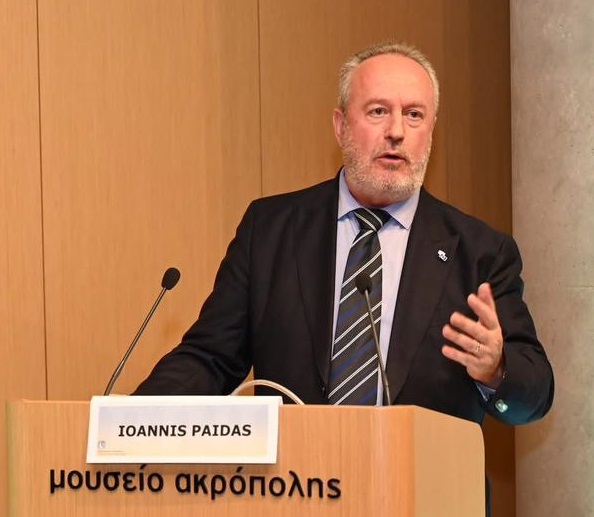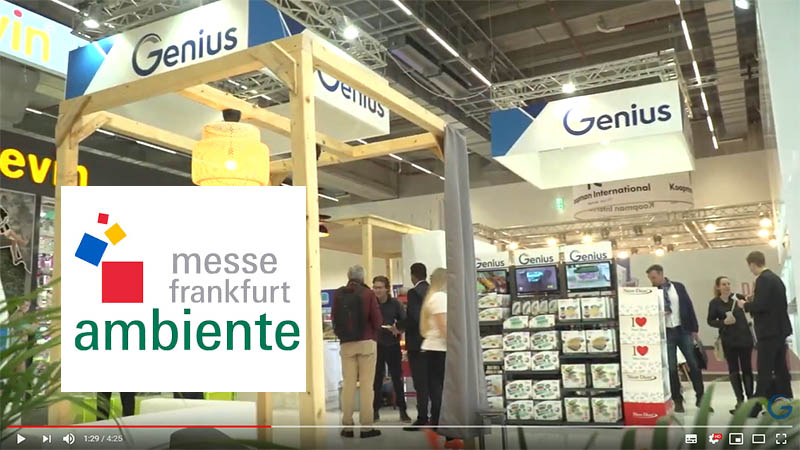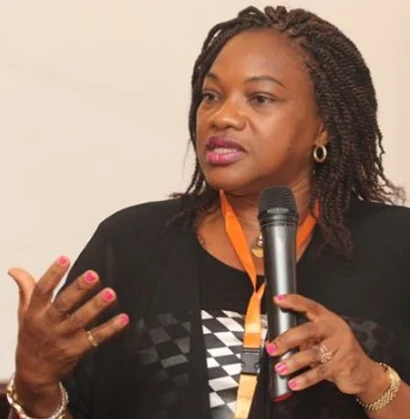Amajor problem for exporters to East African countries was the delays in clearing goods from the port of Mombasa, notorious for its inefficient clearing systems. However, time spent clearing goods from Mombasa to Kampala will be reduced ten-fold after the Uganda and Kenya revenue authorities launched a revolutionary data exchange computer system recently.
The electronic-link will also greatly help cut freight costs, which have been caused by delays due to the painful paper-based clearing system that has now been discarded.
The Revenue Authorities Digital Data Exchange (RADDEX) is an electronic link that connects Kenya Revenue Authority (KRA) computers to those of Uganda Revenue Authority (URA). The development is the first cross-border trade innovation of its kind in the East and Central African region. Clearing agents will also have access to RADDEX, which they will use to download forms and submit paperwork concerning their transactions so they are in position to clear their goods in a maximum of six hours instead of up to six days as has been the case.
The RADDEX system will enable prompt and accurate transmission of data on goods declared to customs for export, re-export and transit to each other’s territories. It will also reduce the multiple capture of data at the entry and exit points.
The World Bank’s latest report on doing business had given the East African region poor ratings claiming that it takes 21 days to clear goods in Malaba.
« This system will now reduce whatever delays have been there at the borders, » says Kassim Omar, the chairman of the Uganda Clearing and Forwarders Association. “Because of delays, transportation csots make up almost 35 per cent of the costs of doing business in the region. The new system will provide a boost to international and regional trade,” he said.



































